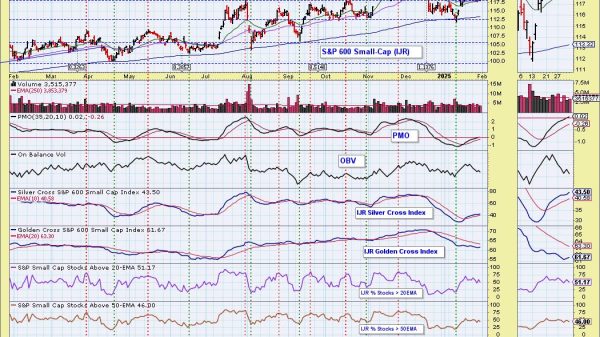Cycling to work has been shown to significantly reduce the risk of early death from illnesses such as cancer and heart disease, according to a new study. However, however the benefits come with a caveat: cyclists face a higher risk of being involved in road traffic accidents.
Researchers from the University of Glasgow conducted the largest study of its kind, tracking 82,000 UK workers aged 16 to 74 over 17 years. The findings, published in BMJ Public Health, revealed that those who cycled to work had a 47% lower risk of dying from any cause and a 51% lower risk of dying from cancer. Additionally, cycling to work was associated with a 10% lower chance of needing hospital treatment and a 24% lower risk of heart disease.
The mental health benefits were also notable, with cyclists being 20% less likely to be prescribed psychiatric medications such as antidepressants compared to their “inactive” counterparts. Despite these health advantages, the study highlighted a significant downside: cyclists were twice as likely to be hospitalised due to road traffic collisions compared to those who drove or took the train.
The research drew on data from the Scottish census and monitored participants from 2001 to 2018. It found that only 1,363 participants cycled to work, with most covering less than 5km (3 miles) each way. During the follow-up period, 83 cyclists were admitted to hospital following traffic accidents.
Walking to work also showed health benefits, though to a lesser extent than cycling. The study supports policies encouraging active commuting while emphasising the need for improved cycling infrastructure to mitigate the risk of road accidents.
Lead researchers Catherine Friel, Dr. David Walsh, and Bruce Whyte stated, “Our findings provide direct evidence of the health benefits of active commuting and support policy efforts to promote cycling to work. However, the increased risk of road traffic accidents for cyclists underscores the need for safer cycling infrastructure.”
The study’s conclusions align with global efforts to reduce carbon emissions and promote sustainable travel. Despite the clear health benefits, UK transport statistics reveal that fewer than 5% of people cycle to work. Most commute by car (68%), with smaller percentages walking (11%), taking the train (9%), or using the bus (6%).
Cycling saw a rise during the pandemic, especially in cities like London that invested in cycle lanes. However, Department for Transport data shows a 5% year-on-year decrease in cycling activity on roads as of September 2023, though levels remain 3% higher than pre-pandemic figures.
Read more:
Cycling to work halves risk of early death – but you’re twice as likely to be in a road collision























